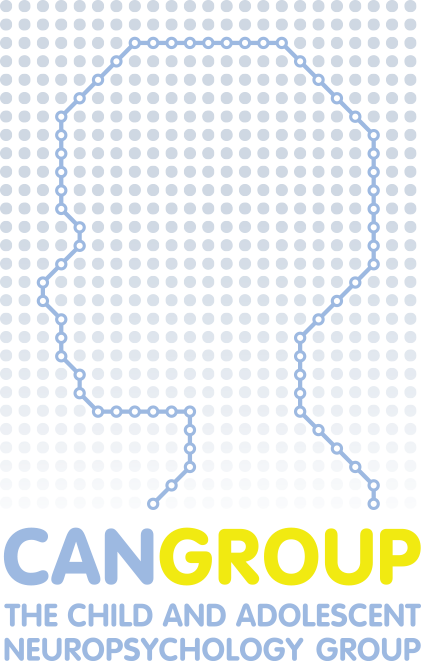Language
Language abilities are best conceptualised as several distinct (but related) abilities, including receptive language, expressive language and pragmatic language. Receptive language refers to a child’s ability to process and understand language (e.g. comprehending information and following instructions), expressive language refers to a child’s ability to use language to express their needs, wants, thoughts and ideas, and pragmatic language refers to a child’s ability to use language socially (e.g. knowing when and how to use language in different social situations). Language difficulties can occur in any one of these areas individually or multiple areas concurrently.
Expressive and receptive language skills are important to facilitate the efficient encoding and learning of information in the classroom. In this environment, information is often presented verbally or in written form, which means that children with language difficulties can struggle in a variety of ways. Academically, children with language difficulties often demonstrate co-occurring reading and spelling difficulties. Additionally, children with receptive or expressive language difficulties can find it difficult to complete written- and oral-language tasks to the same level as their peers. Expressive language difficulties also mean a child may struggle to adequately explain their ideas, find it hard to communicate their wants and needs, and may be reluctant to offer responses in the classroom. Language difficulties can also be associated with children appearing inattentive in the classroom. Socially, reduced language skills can negatively impact a child’s ability to communicate with their peers, making it more difficult to develop and maintain friendships.
Assessment of a child’s language skills is an important part of a neuropsychological assessment because of the potential negative impact of language difficulties on learning, academic, and social skills. Assessment will often comprise a range of language-based assessment tasks and behavioural observations. For children who are experiencing difficulties with social communication and interactions, pragmatic language can also be assessed.
Request further information
For general enquiries, please complete the form below.
Alternatively, if you require a booking with one of our Neuropsychologists,
please click here to proceed to our referrals & bookings page.

